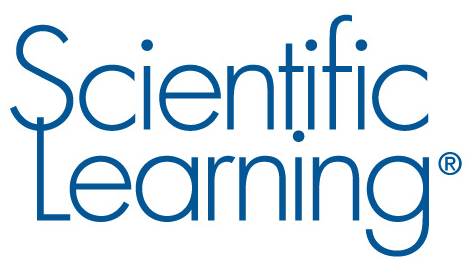The Principal’s Role in Improving Student Learning
Increased attention at both the local and national levels on improving student learning has resulted in a growing expectation in some states and districts for principals to be effective instructional leaders. Consider these statistics: nearly 7,000 students drop out of U.S. high schools every day and, every year approximately 1.2 million teenagers leave the public school system without a diploma or an adequate education. There are 2,000 high schools in America in which less than 60% of students graduate within four years after entering ninth grade.
The situation is not much brighter for students who do earn a high school diploma, and enter a two –year or four-year institutions. In community colleges, approximately 40% of freshmen (and approximately 20% in public, four-year institutions) are in need of basic instruction in reading, writing, or mathematics before they can perform in college-level courses. It is vital that principals advocate for these students and provide leadership to reverse this appalling educational outcome.
The failure of many public school districts to provide the working conditions that well-trained principals need to prosper is often a central reason for these ongoing graduation and future preparation issues. By having access to resources and being committed to school reform, principals are able to work with teachers to create school environments that facilitate excellence in learning.
The issues that principals need to work on with teachers include aligning instruction with a standards-based curriculum to provide a good measure of achievement, and improving both student learning and classroom instruction by effectively organizing resources. Principals must use sound hiring practices, ensure professional development is available at their schools, and keep abreast of issues that may influence the quality of teaching in schools.
While having good leaders in place is crucial, it is not always enough. If principals don’t have supportive work environments for their improvement efforts, then even the most talented and best-trained individuals may be discouraged by the challenges they face on a daily basis. Districts where no major high school improvements have been made don’t have a cohesive agenda for improvement. Such an agenda would specify clear goals, research-based practices, improvement-focused accountability, and strategies to support implementation. In practice, schools without such an agenda can often be characterized by disjointed actions. Many of the principals in such schools report that they are not involved in defining existing instructional issues in their schools.
The district (or state) makes these decisions , meaning that principals have little ownership of their problems or the proposed solutions to them. They also report having little support or motivation to find solutions, and that they do not feel there is a well-designed system of improvement. Rather, they feel that “improvements” are undertaken in a series of random acts.
When decision-making is shared, leadership roles are redefined at all levels. Principals are supported by district staff members, not blocked by them. District staff members make frequent visits to schools to provide coaching, technical assistance, and staff development. Teachers benefit from continuous professional development;principals have sufficient autonomy and resources to engage and develop staff. Professional development may target groups or individual teachers, and the teachers are given opportunities to work together on curriculum and instruction.
In contrast, many districts focus on educational management instead of educational leadership. The support provided to improve instruction in these districts is not grounded in research on effective teaching. In addition, these districts lack a systemic approach to improvement and fail to provide principals with the guidance and support they require to reform processes and put effective instructional practices into place.
Many principals spend much of their time finding ways to work around the district office, rather than with them. To obtain the support they need, they often decide to avoid hiring protocols and develop “underground” relationships with individual staff in the district office. Supportive district leaders understand the challenging work principals must do, as in many cases they have been successful principals themselves.
These district leaders support principals’ focus on instruction and acknowledge that priority by publicly focusing on curriculum and instruction in school board and superintendents’ meetings. Rather than micromanaging staff, they routinely involve school and teacher-leaders in developing and using tools such as walk-throughs, pacing guides, and research-based instructional practices.
The best districts have developed a collaborative “lattice” approach between the central office and the school. This entails districts providing good principals with the support they need to enable their schools to succeed. When given the space by the district to focus on improving their schools, principals can then support their teachers to do the same. The focus of districts must be on raising standards and achievement, and improving instruction by supporting and enabling principals to develop their ability as instructional leaders.






